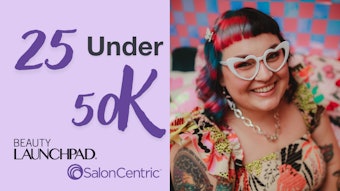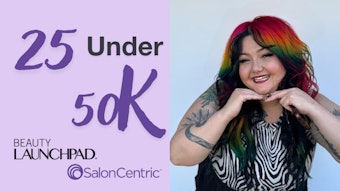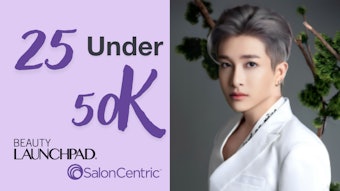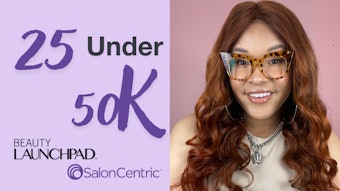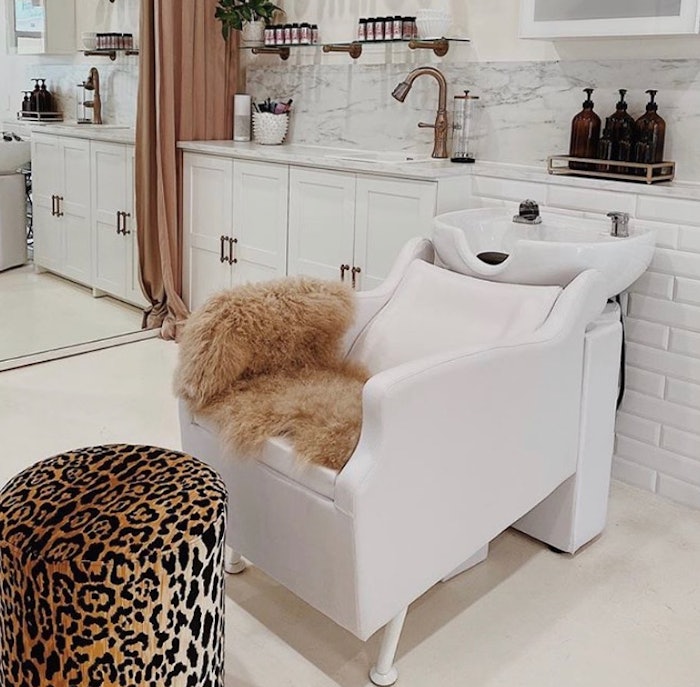
With more and more states allowing salons to reopen across the country, we realized that many of you may have questions beyond PPE guidelines. We reached out to Henry Owegi, Malibu C director of research and development and chief color chemist, for his advice on what else salon owners and stylists should be considering when clients walk back through their doors.
After of months of inactivity, salon water could be contaminated. Can you please explain why that is? And what can salons do to make their water safer?
There are actually two issues to consider:
- INCREASE IN BACTERIA - Water that has been stagnant in salon pipes could be full of bacteria. This can be caused due to the degradation of disinfectants resulting in the regrowth of bacteria. It is very important that when salons reopen, water be run through all water sources, such as shampoo bowls, to flush out the stagnant water. Water treatment plants might increase the levels of disinfectants (chlorine, etc.) to kill more bacteria during this reopening phase.
- INCREASE IN MINERALS – As water is stagnant in pipes made of metals, or with metal fittings, some metals, such us copper, iron, nickel and lead, leach out of the pipes and dissolve in the stagnant water. These metals oxidize and will seriously interfere with salon services processing correctly. This can also lead to discoloration as a result of your salon water. Malibu C has a test kit where the owner can test their water for the minerals and also test for chlorine in the water.
Turn on both the hot and cold water and let it run for at least 20 minutes prior to opening the salon. This will hopefully clear all stagnant water from the pipes and water heaters. If the hot water heater was turned off during the isolation, there is also a very good chance that the water could contain bacteria.
Can you also talk about the possibility of Legionnaires’ Disease in relation to salon shutdowns?
Legionnaires’ Disease is caused by legionella bacteria which causes a serious type of pneumonia. When water is stagnant in pipes and the disinfectants such as chlorine degrade to inactive levels, one bacteria that has been shown to proliferate under these conditions is legionella. Legionella bacteria would then spread through the shampoo bowls and sink faucets as the water splashes on a surface. This creates droplets that are small enough to be inhaled by either the stylist and or the client potentially leading them to get Legionnaires’ Disease. For this reason, we recommend using masks and gloves while running water in shampoo bowls and faucets for at least 20 minutes.
Obviously, sanitation will be paramount when reopening salons. How can Malibu C Cur8 help salons and stylists? Following hand washing or when unable to wash hands with soap, the use of Malibu C CUR8 Hand Sanitizer is recommended for both the stylist and the clients as they walk into the salon. Malibu C CUR8 Hand Sanitizer is an effective antiseptic that should be applied on the palm of one hand (3 mL, the amount in salon-ready Malibu C CUR8 Hand Sanitizer packet) and rub the product all over the surfaces of your hands until your hands are dry without wiping the sanitizer from the hands.
RELATED: COVID-19 Update: Malibu C Introduces Hand Sanitizers and Vitamin C with Zinc
How often should a stylist reapply Cur8?
Malibu C CUR8 Hand Sanitizer should be applied before and after working on a client and when one comes in contact with any surface not previously sanitized/disinfected. Handling of any delivery or outside material such as a customers’ clothing or accessory should be followed by an application of CUR8. Whether the professional is using gloves or not, hand sanitizer should be applied to kill any potential pathogens brought in from the outside.
And what are some of the best ways salons can incorporate C Shaker Vitamin C with Zinc?
C Shaker with Vitamin C and Zinc can be used every day by a stylist to boost their immune system. Other added benefits are de-chlorination of tap water prior to drinking, or taking a bath. It can also be used on fruits and vegetables to maintain their freshness.
[[Cover image: Blush and Bleach Salon, @minervabeauty, @samanthabranscum_]]





